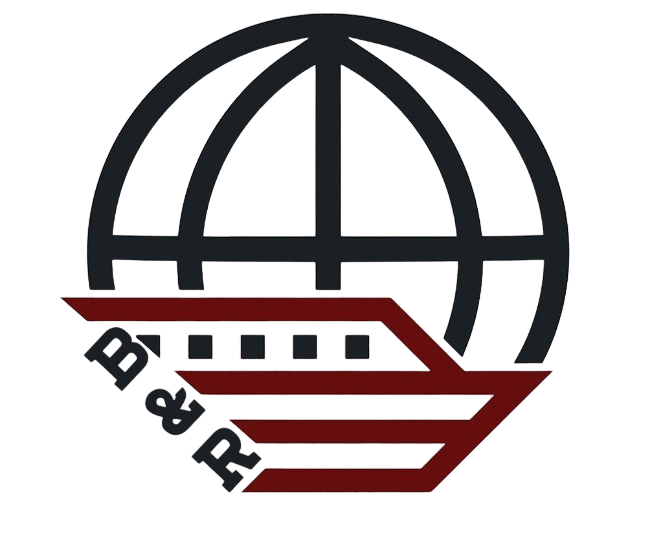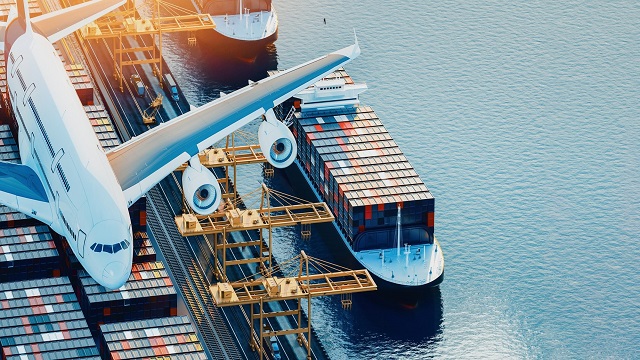logistic academy
logistic academy،The most crucial information for learning logistics and starting your firm is available in various academic institutions that provide numerous courses.
What are the requirements to study logistics?
a National Senior Certificate with a bachelor’s degree, a diploma endorsement, or an either at with an English proficiency score of at least 4, whether it is the student’s first language or not, and an achievement score of 3 or 4 in math.
Is logistics a hard job?
Being a logistician can be stressful because so many other supply chain participants will be depending on you. Everyone else can accomplish their jobs thanks to your forethought and diligence, but you can run into trouble if the unexpected happens.
How do I start a career in logistics?
Individuals who are interested in a job as a logistics analyst must hold a bachelor’s degree in technology, corporate finance, production lines, statistics, or a related discipline. Internships in the relevant field might give your resume a boost.
What is the most important job in logistics?
A firm’s or business’s supply chain or logistical operations are coordinated and studied by logistics analysts, also referred to as logistics specialists. They manage a product’s whole life cycle, from the initial purchase and distribution to the internal allocation, release, and ultimate resource clearance.
By identifying and eliminating inefficiencies and looking for loopholes, these specialists assist their businesses in improving performance. Logistics analysts aid in streamlining processes and determining the most effective use of a company’s resources to accomplish goals via their analysis.
must fulfill the following prerequisites to become a logistic analyst: One must possess a bachelor’s or master’s degree in the pertinent field. The degree must have been granted by an institution of higher learning that is recognized. There are no minimum percentage requirements for this profession.
Steps to Become a Logistics Analyst
Earn a Master’s: Interested candidates in a job as a logistics analyst must possess a bachelor’s degree in engineering, business management, supply chain, mathematics, or a related discipline. Internships in the relevant field might give your resume a boost.
Master’s Degree: A master’s degree in supply chain management is necessary to pursue a career as a logistics analyst. Positions at the senior and executive levels often need a graduate degree, more professional experience, or both. Professionals can enroll in a variety of certificates and diploma programs to advance their knowledge and abilities in the field of supply chain management, increasing their productivity.
How to launch your logistics business?
Pick your logistics specialization carefully, taking into account your skill set, interests, and financial situation. There are many options available. Budget is a crucial factor in logistics; the startup costs of a trucking company and an ocean freight shipping company range significantly. Beyond that, you must choose the location of your business. Are you nearby? National? International? The kind of licenses and papers you’ll require will depend on this.
Prepare your funds: With your plan in place, you must prepare your money. You’ll need to possess strong budgeting abilities or have access to someone who does. The kind of services you intend to offer and your current resources will determine how much cash you’ll require and how much money you can anticipate making regularly.
Get the necessary licenses: Depending on the industry you’re in and the countries you’re doing business in, you’ll need different things to manage your firm. It’s crucial to note that you must have a full license in every area where you intend to conduct business. This means that if you’re offering international services, you need to consider crossing borders and conducting business in several nations.
Plan your business: Keep your company plan concise; don’t overthink it. Plan your business expansion on paper by deciding how you’ll generate revenue, attract clients, and determine the level of assistance you’ll require.
Acquire customers: Building a company in the logistics sector might take time; it’s not as easy as spending money on Facebook advertisements and waiting for the leads to come in. Start as soon as possible because this procedure can be time-consuming and may necessitate in-person sales conversations. You might also think about contacting freight forwarders as possible customers.
What are the five main fields of logistics?
By industry, logistics can be divided into five categories: sales logistics, manufacturing logistics, recovery logistics, and recycling logistics.
When manufacturers buy the components and raw materials needed for production from suppliers, the flow of goods is known as procurement logistics. This industry did not previously receive much attention, but now that small-lot production of a range of models is the primary form of production, many businesses are aggressively pursuing production by shifting to just-in-time production because it is directly related to lowering inventory costs.
The management of purchased parts and materials, distribution inside a factory, product management, packaging, and warehousing transportation are all included in the flow of goods known as production logistics. By seamlessly integrating procurement logistics and sales logistics, which are discussed later, delivery management, warehouse dispatch management, shipping management, and the condition of delivery vehicles may all be maximized.
Sales logistics is the most common type of logistics. In the past, distribution sites like wholesalers and retailers received deliveries mostly from delivery hubs and logistics warehouses. But as a result of online buying and e-commerce, direct delivery now accounts for a sizable portion of this volume as well.
Forward logistics could be used to define the movement of items from the point of production to the point of consumption through procurement, production, and sales logistics. Logistics management, in contrast, hand, is the flow that recovers and recycles goods, packaging, and containers after they have served their purpose. In recycling-focused communities, attention has been placed on this flow, similar to recycling logistics which will be discussed later.
Recycling logistics are frequently seen in the recovery and recycling of used paper, plastic bottles, and cans. In the same way, containers, packaging, outdated computers, and printer cartridges may all be recovered and recycled. To protect the environment and efficiently use minerals like minor metals, the significance of recycling logistics has risen in recent years.



